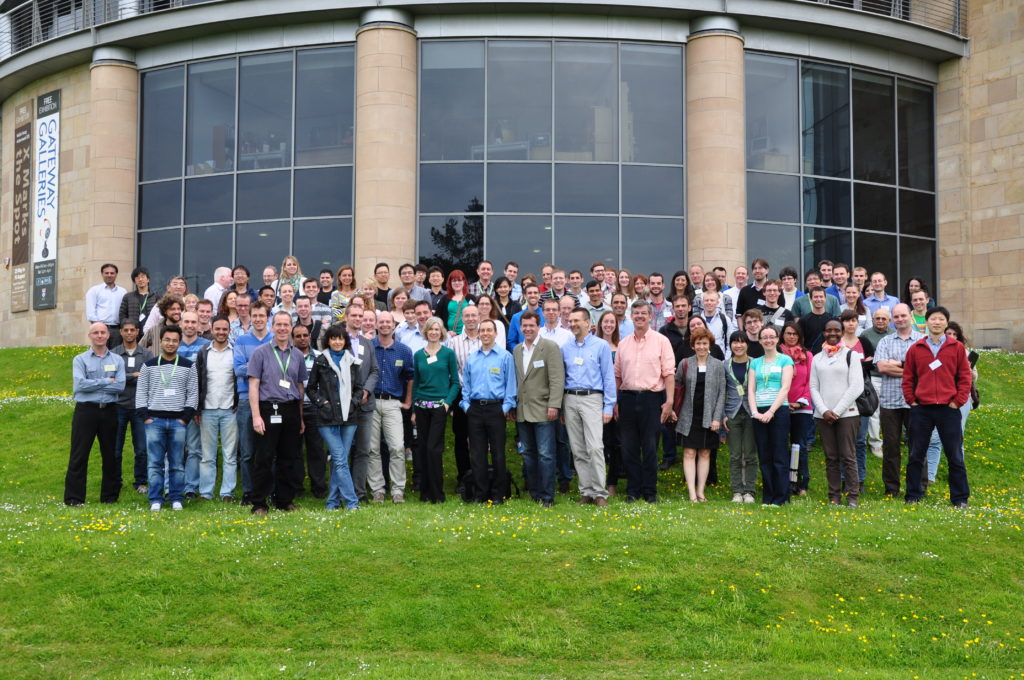White Lab – bacterial antiviral defence systems
CRISPR
Cells must defend their genomes against attack by selfish genetic elements such as viruses. Although CRISPR is widely known as a genome editing technology, the CRISPR system functions as an adaptive immune system in prokaryotes. CRISPR is not synonymous with Cas9, which is an unusual type II system that is rarely present in bacteria. In contrast, type I and type III systems are much more common, and arguably much more interesting. Our lab studies type III CRISPR systems, which confer a complex, multi-layered defence against mobile genetic elements. Detection of viral RNA leads the Cas10 subunit of type III systems to generate the second messenger cyclic oligoadenylate (cOA), which sculpts the cellular response to infection. cOA activates a range of effector proteins which degrade RNA or DNA non-specifically to slow down both viral and host metabolism and “buy some time”. We recently identified and characterised a “Ring nuclease” enzyme, which degrades the cOA signal and returns cells to an uninfected state following viral RNA clearance. Predictably, viruses have evolved countermeasures known as anti-CRISPRs, and we recently discovered a viral anti-CRISPR that circumvents type III CRISPR immunity by rapidly degrades the cOA signalling molecule. We are also interested in developing new diagnostic tools for specific RNA detection by repurposing CRISPR effectors.
CBASS
CBASS is another prokaryotic defence system that defends against viruses using a wide range of cyclic nucleotide second messengers and effectors. CRISPR and CBASS overlap in the signals and the effectors they use, but CBASS uses a different signal generator – a nucleotide cyclase ancestral to the human cGAS innate immunity protein. In many cases it is unclear how CBASS systems sense viral infection. We are investigating the mechanism of CBASS systems and the links with cyclic nucleotide signalling more generally in bacterial cells. We are also interested in discovering the mechanisms viruses use to neutralise these defences.
We have current funding from the BBSRC and an Advanced Grant from the ERC.
A short cv is available here: cv 2023 short
Group photo from the 2013 CRISPR Conference in St Andrews:
